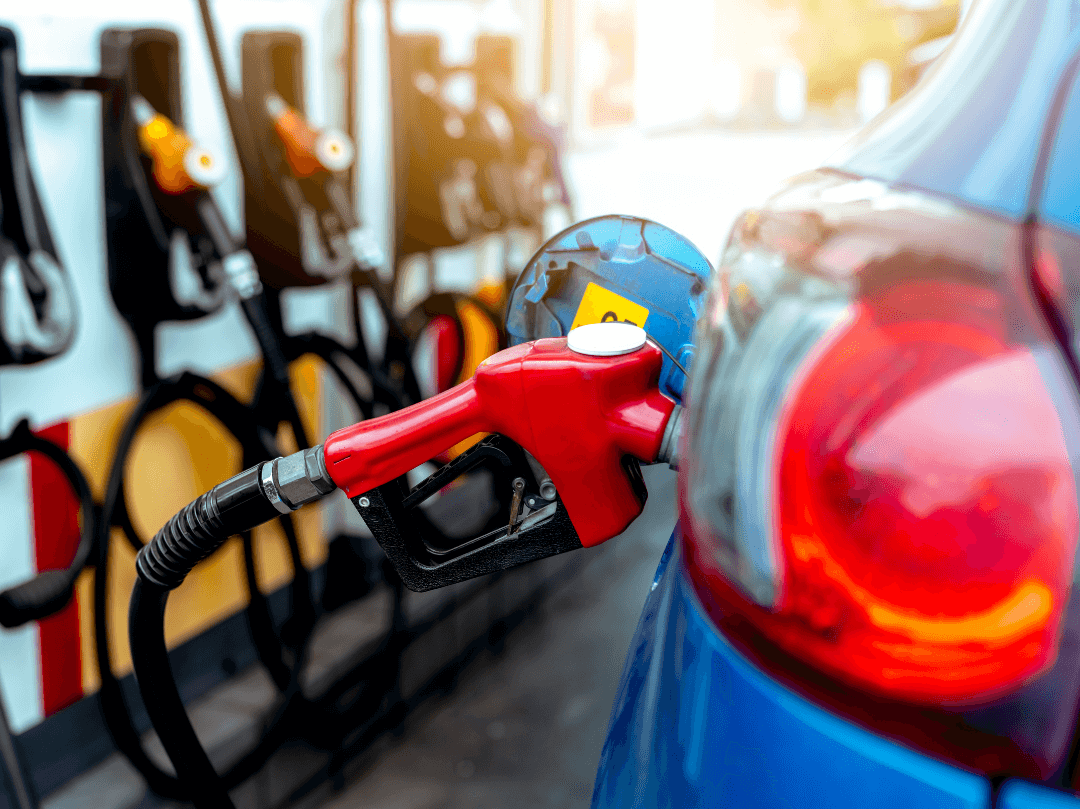This blog post will cover the six common fuel types and their characteristics. We will discuss the different classifications, their defining factors and how they are used to power various appliances. They will sell my car Brisbane away in no time and pay you cash on the spot. What’s an easier way to make money out of a junk car?
What are the 6 Common Fuel Types?
Many different types of fuel are used to power vehicles and other machinery. The most common fuel types are gasoline, diesel, propane, natural gas, electricity, and hydrogen.
- Gasoline is the most widely used type of fuel. It powers most passenger vehicles and is relatively affordable.
- Diesel is another popular type of fuel that is used in many commercial vehicles.
- Propane and natural gas are often used to power homes and businesses.
- Electricity is an increasingly popular fuel type as it powers many hybrid and electric vehicles.
- Hydrogen is also being explored as a potential fuel source for the future.
Why there’s the “Why” on each Fuel Category
1. Why there’s the “Why” on each fuel category:
The reason that each fuel category has a “Why” is because it helps to explain the benefits of each fuel type. For example, petrol engines are typically more potent than diesel engines. However, diesel engines are more efficient and can travel further on a tank of fuel.
2. The different types of fuel:
There are three main types of fuel: petrol, diesel and electric. Petrol and diesel are the most common types of fuel used in cars. Electric cars are becoming more popular but are still not as common as petrol or diesel cars.
3. The benefits of each fuel type:
Petrol engines are typically more potent than diesel engines. However, diesel engines are more efficient and can travel further on a tank of fuel. Electric cars have zero emissions and are very quiet to drive.
What Can be used as a Specific Type of Fuel
Many different types of fuel can be used to power a car. The most common type of fuel is gasoline. However, other options are also available, such as diesel, ethanol, and biodiesel.
Diesel is a type of fuel that is made from petroleum. It is commonly used in trucks and other heavy-duty vehicles. It is typically blended with gasoline to create a “flex-fuel” that can run on gasoline or ethanol. Biodiesel is a type of fuel that is made from plant oils or animal fats. It can be used in any diesel engine.
Each type of fuel has its benefits and drawbacks. Gasoline is the most common fuel type because it is relatively inexpensive and easy to find. However, it pollutes the environment more than other types of fuel. Diesel is more efficient than gasoline, but it can be more expensive. Ethanol is renewable and reduces emissions but can damage engines if not used correctly. Biodiesel is also renewable and reduces emissions, but it may not be as widely available as other fuel types. If you have an old, damaged, Accident, unwanted, and Uused Cars you can sell such cars to Ipswich Car Wreckers in Brisbane.
Ways to Complete this Type of Diet
There are a few ways that you can go about completing a ketogenic diet. The most common way is to follow a specific ketogenic diet plan. There are many different ketogenic diet plans available online or from books. These diet plans will outline what you should and should not eat on a diet. Another option is to work with a nutritionist or dietitian who can help you create a custom ketogenic diet plan.
Another way to complete a ketogenic diet is to eat fewer carbs and more fat. This is known as the “ad-lib” method. While this method may be less effective than following a specific plan, it can still help you achieve your desired results.
If you’re interested in trying a ketogenic diet, you should keep a few things in mind. First, make sure to speak with your doctor before starting the diet. This is especially important if you have any health conditions or are taking medication. Second, there may be a period of adjustment when you first start the diet. During this time, you may experience symptoms such as headaches, fatigue, and constipation. These symptoms are typically temporary and will resolve as your body adjusts to the new diet.



